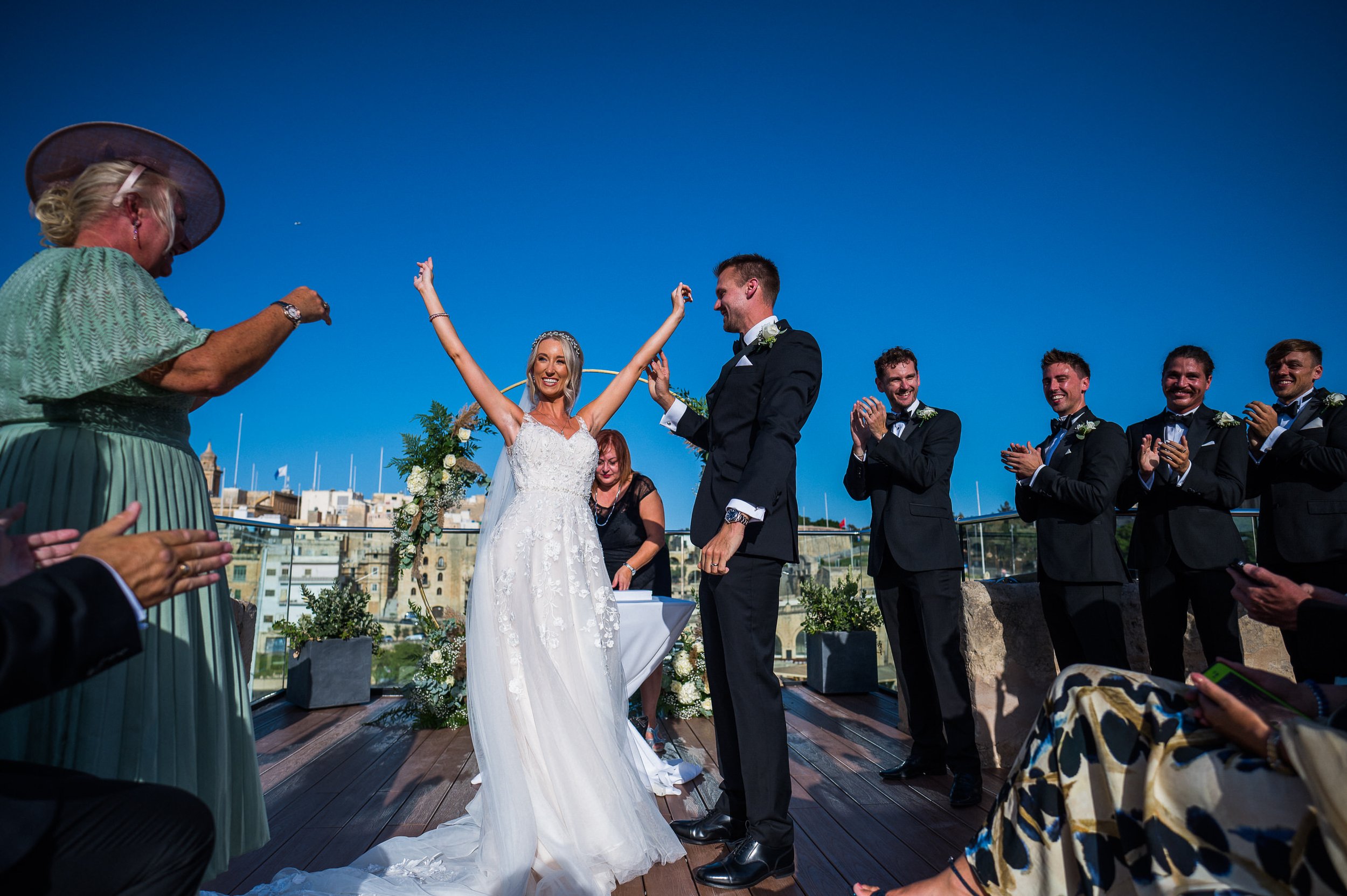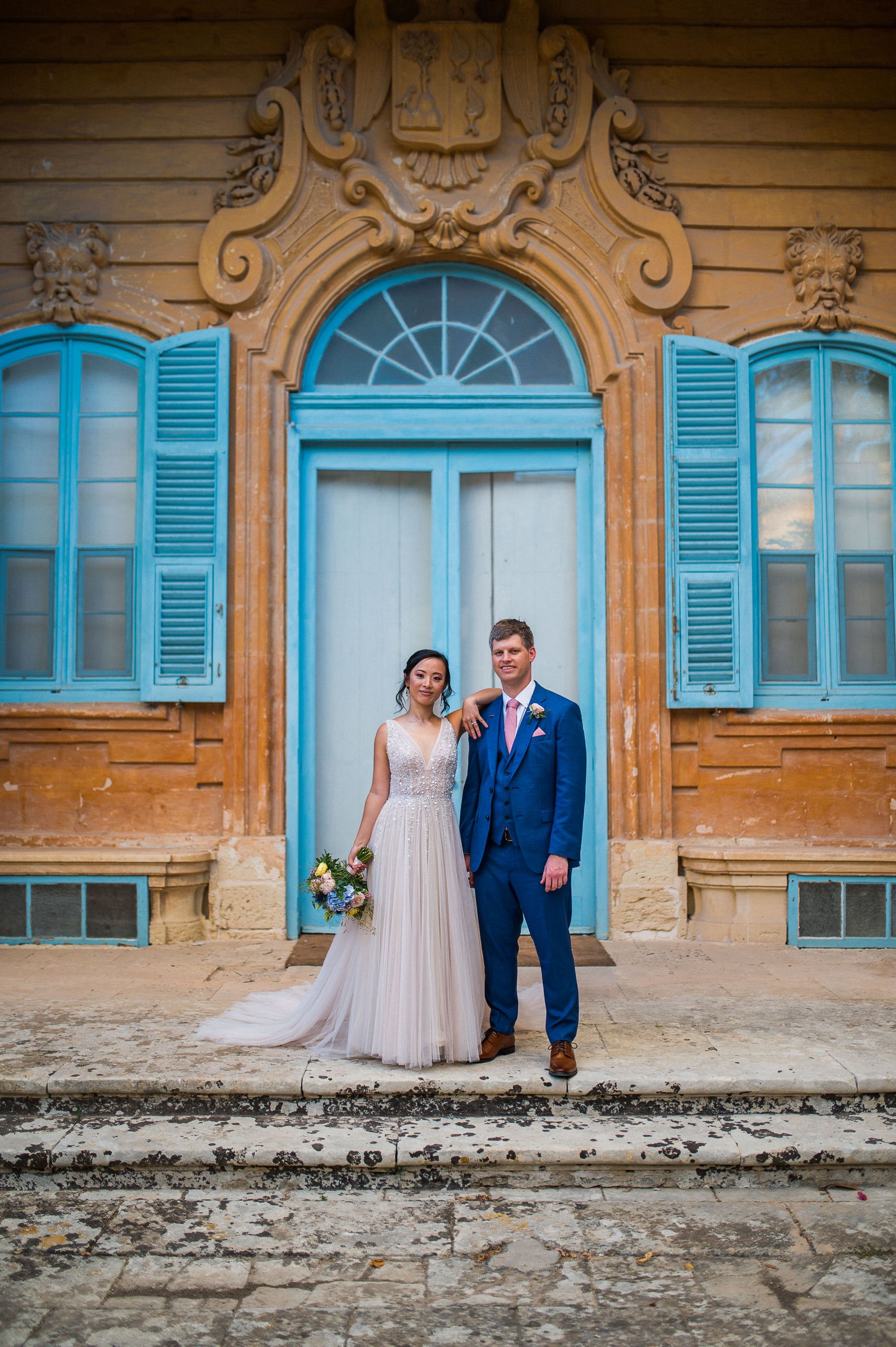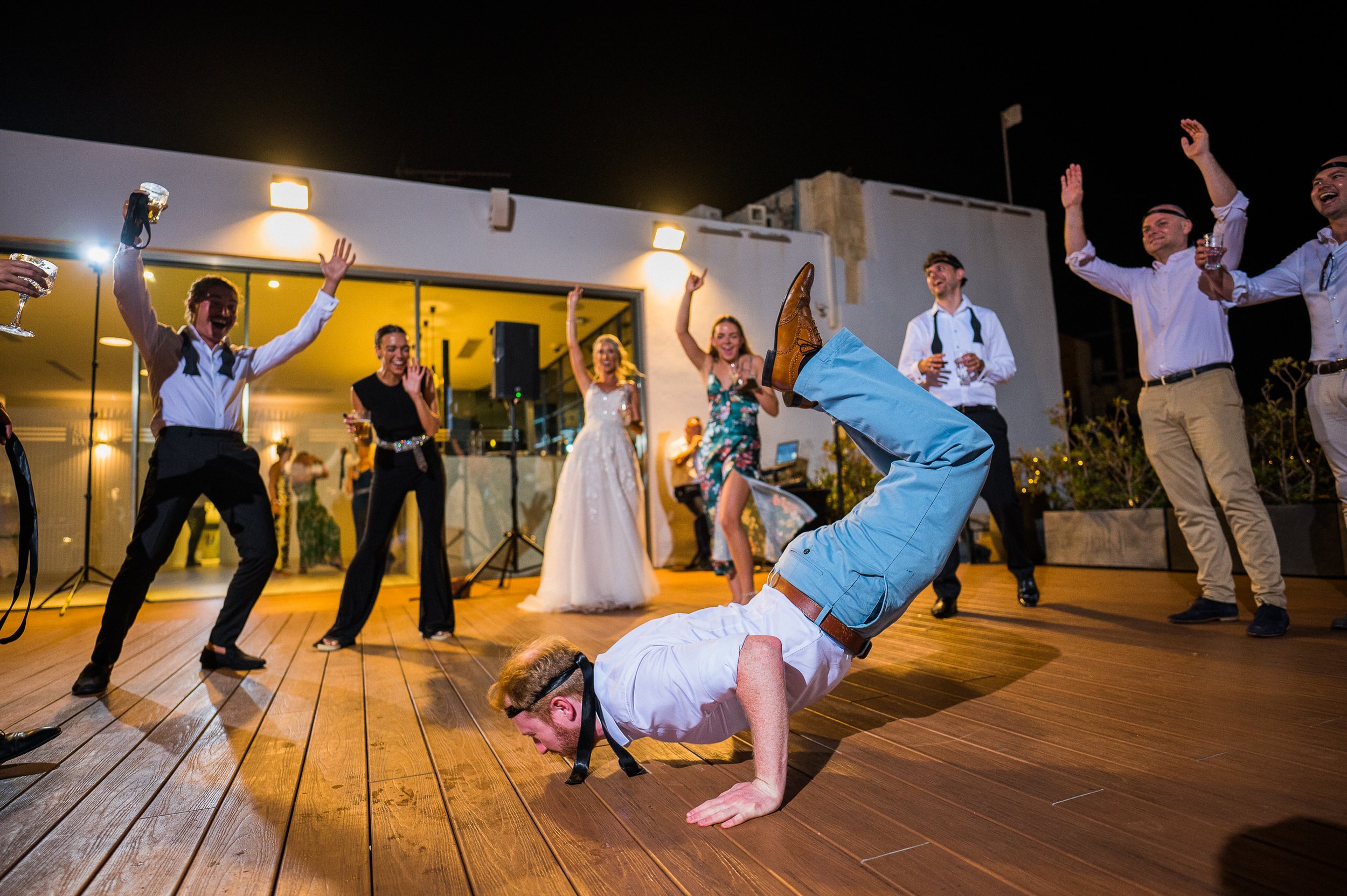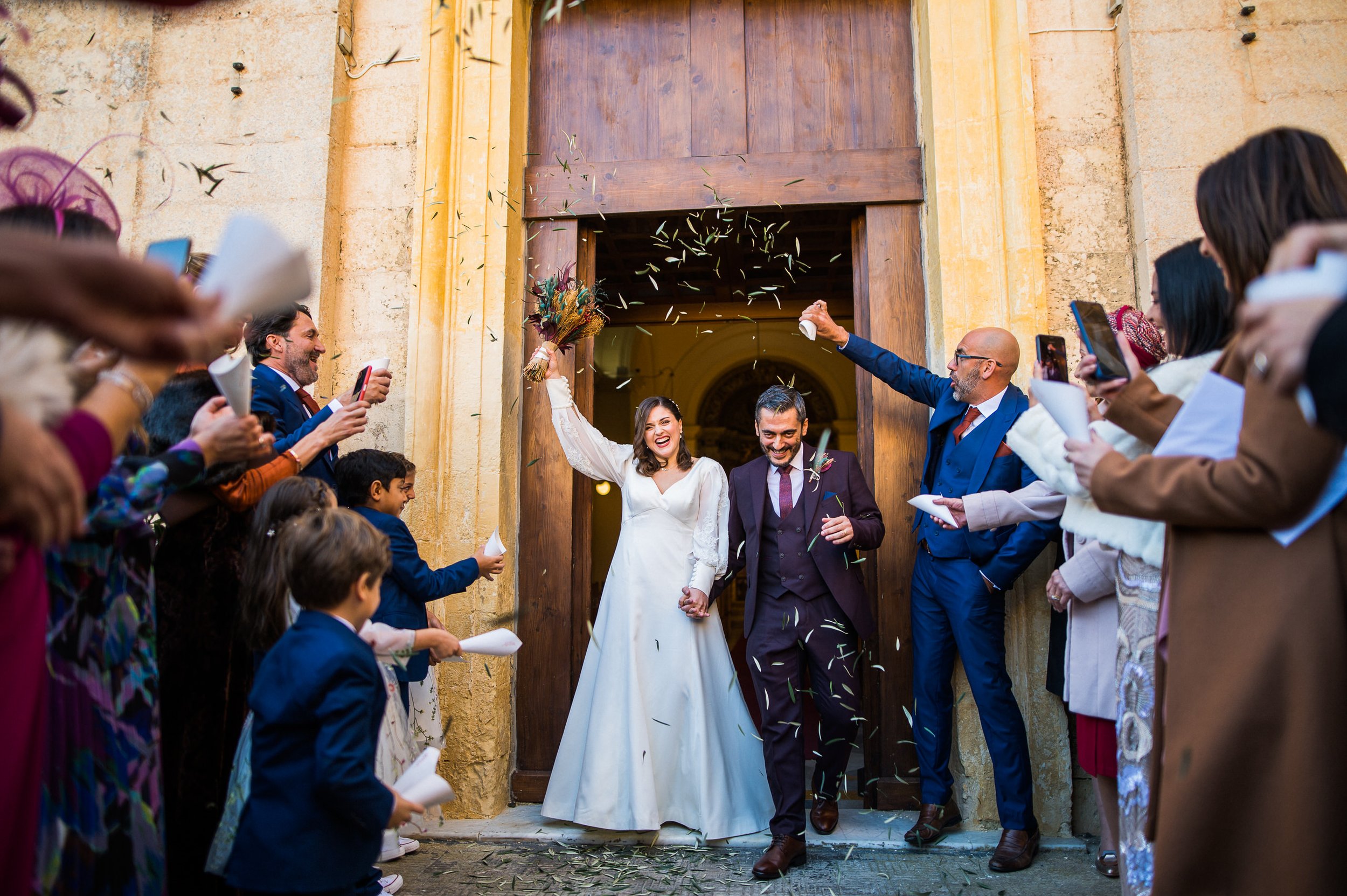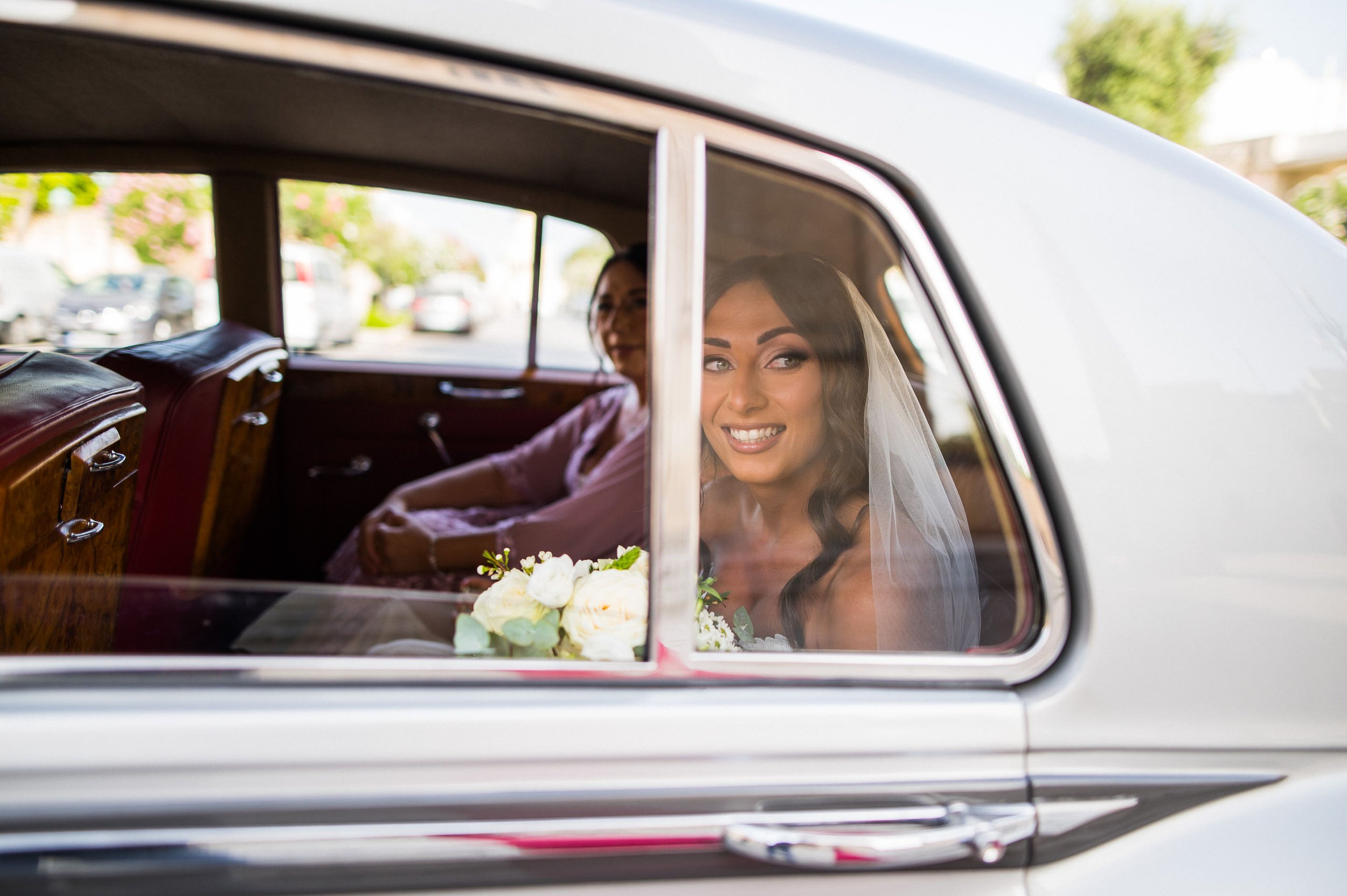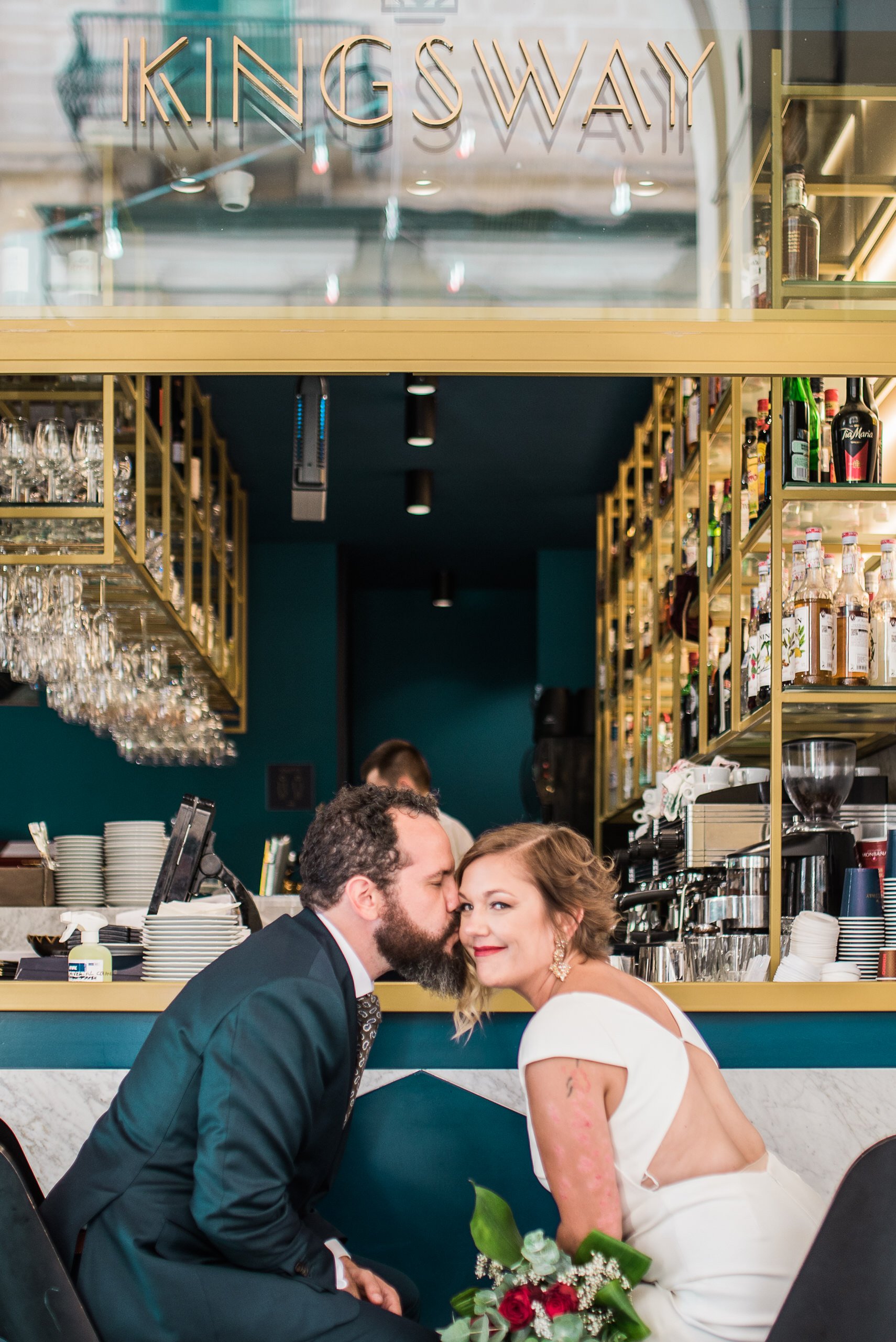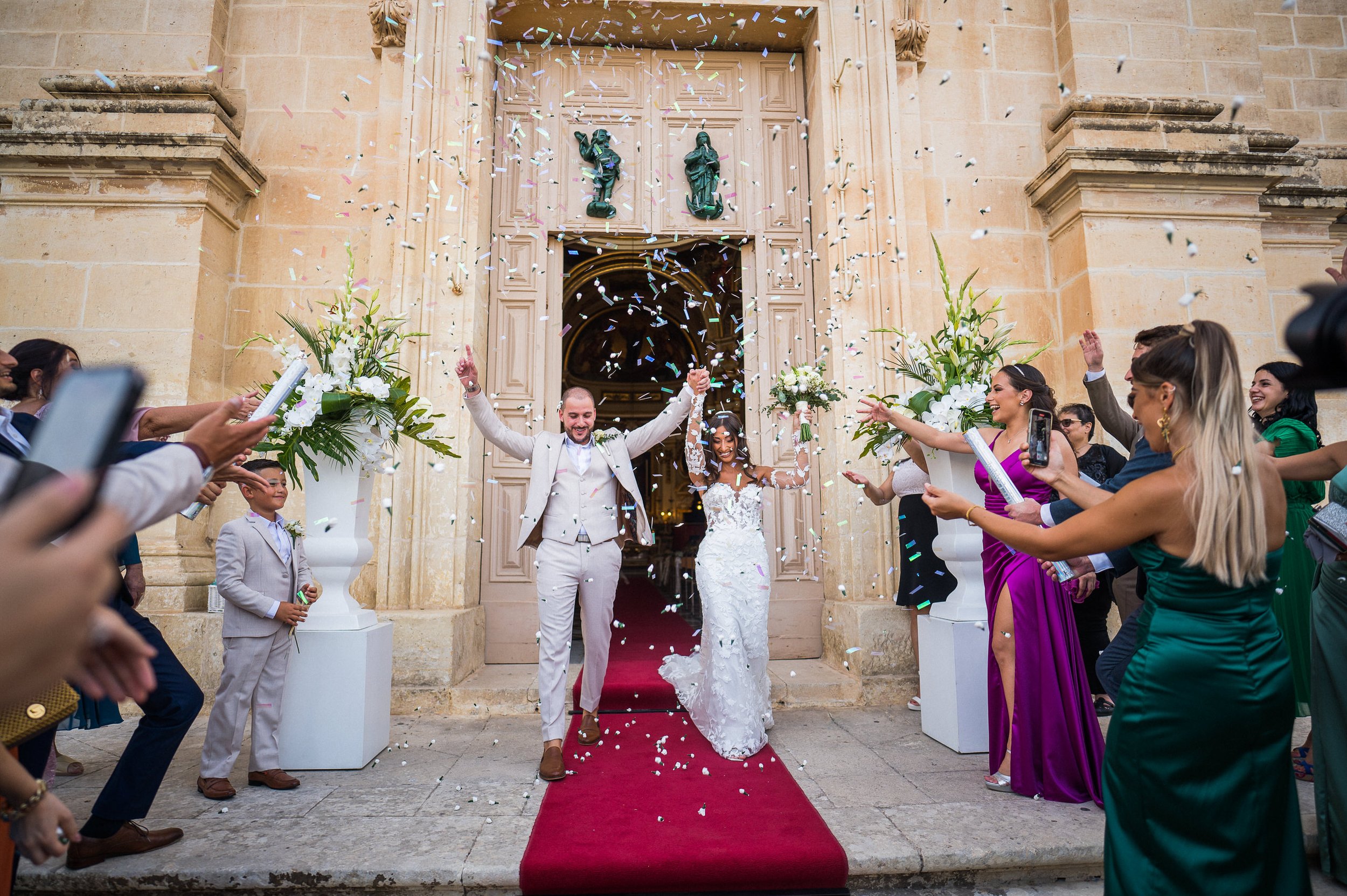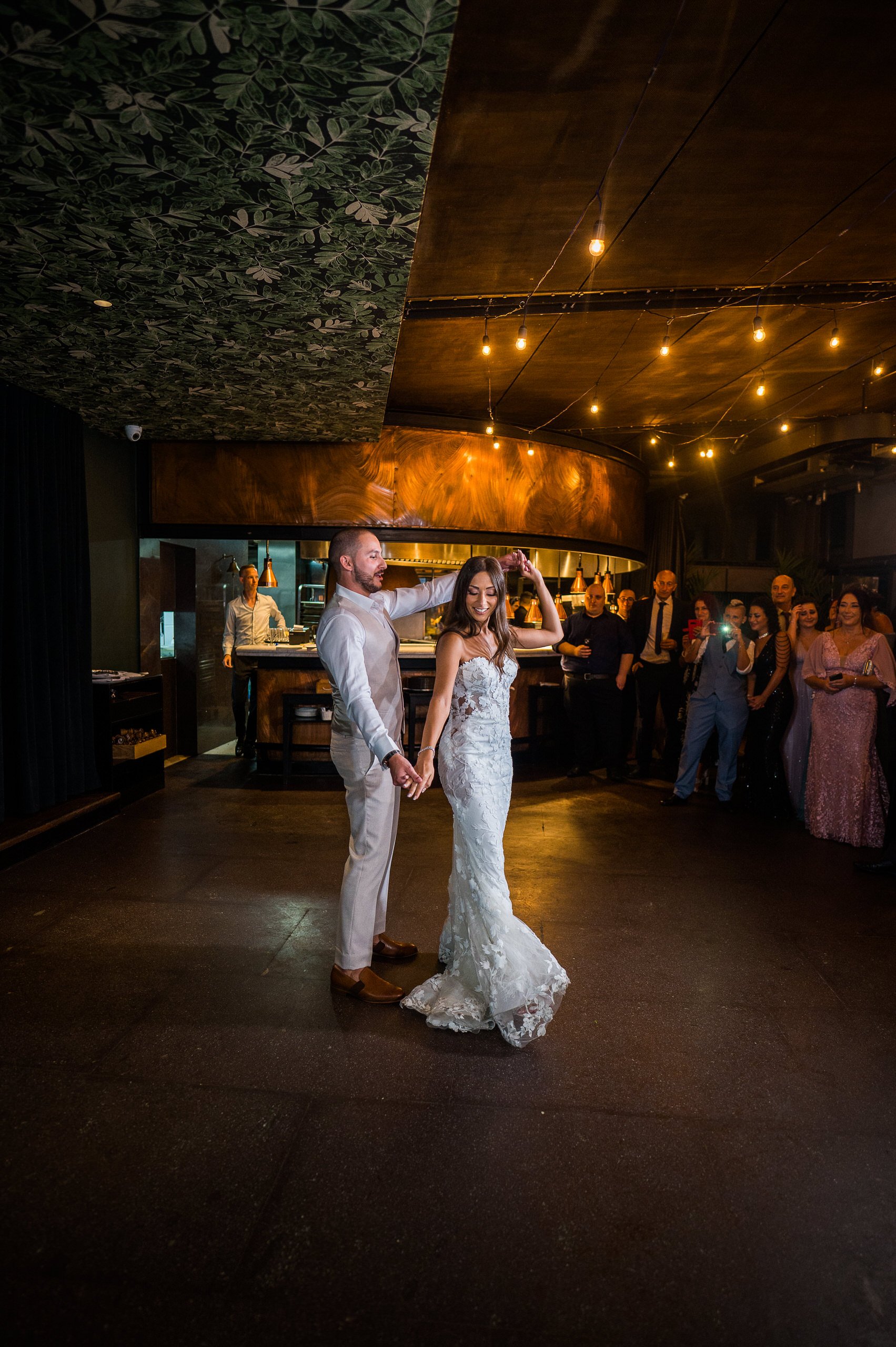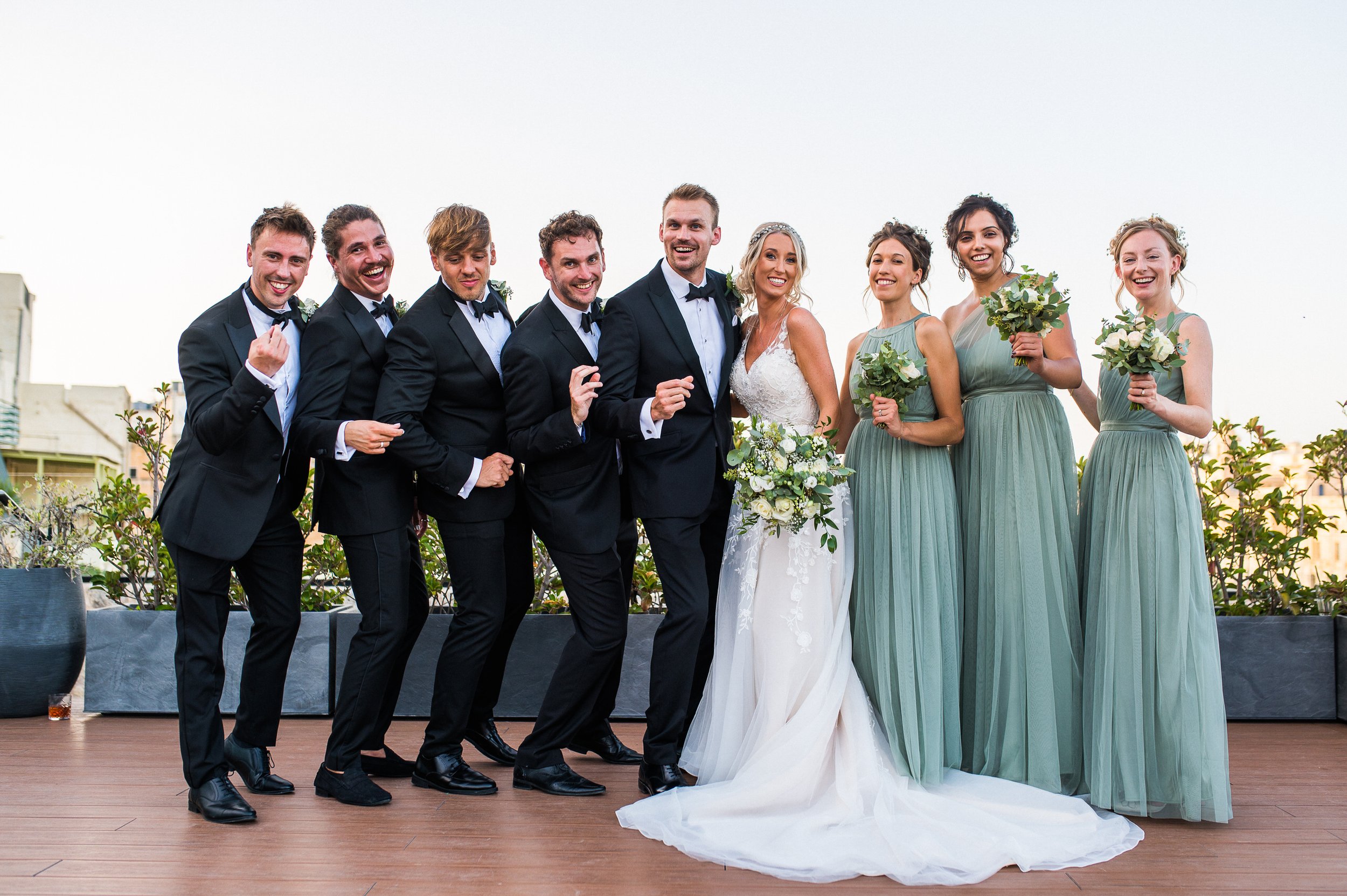Today I finally have the pleasure to interview my dear friend Ian. Maybe Ian is not aware, but when I started my own idea of becoming a wedding photography his work was one of my favourites and I got inspired by his work. It was clear that Ian was a very popular wedding photographer and was really passionate about what he was doing. Thank you Ian for finding the time to talk with us today.
So Ian could you tell us a bit about yourself and how you got into photography.. and specifically into wedding photography?
So where do I start? since young I have always been trying out various forms of art, from painting, to sculpture (just a tiny bit, but yes I tried it too). at age 18 I had the opportunity to go live in India in a seminary and before I left I went an purchased myself a Pentax P30, which I still have, and from there on it was love at first sight. after a year and a half in India I came back to the island and started working. At my job with a local designer I had the opportunity to take pictures of the completed projects and eventually, a college recommended me to a family member who was a wedding organiser and in a matter of a few months I went to a "never previously heard of photographer" to a one of the most sought out photographers for those first few years. It was a crazy time, some days having to answer 10 or more prospective clients' emails with quotations.
Did you always want to be a photographer? How did your studies and experiences help you in the photography world? What inspired you to venture into photography?
Before 2011 I never dreamed of becoming a full time photographer, but in the summer of 2011, I remember I started following on social media, some of the greatest wedding photographers of that time (and still are), and I set a target to myself: I decided I want to become a full time wedding photographer and withing 3 years I wanted to be able to leave my 9-5 job and be fully self sufficient. I worked hard, practiced a lot and took loads of workshops and online courses, and after thousands of euros being spent and lots of sleepless nights, I got to where I aimed, albeit a year late, but yes I managed to get where I wanted. I set up one of the very first wedding photography blogs on the island and was keeping the pace of posting until I got so busy shooting and editing in 2017 where I started slowing down and eventually almost stopped posting on it completely. I have to start posting again and get the wheel turning once again. I loved the interactions I got through my blog.
How would you define your artistic vision in your wedding photography?
I have three rules which I go by, 1) Be part of the family, 2) be always alert of whats going on and alert about the light, 3) forget any other rule and do what you must to tell the story happening right infront of you. I am at the wedding to do two things: take pictures and help the couple and their family in eveyrthing which they need, since usually its their first time going through a wedding, basically be a problem solver and a story teller (Not my words - but those of Ryan Brenizer, NY) and have fun along the way. I realised that if I can get the couple to enjoy their day instead of worrying about the countless issues and traditions a wedding carries forth with it, I am presented with a happy care-free couple, together with their family and friends, who welcome me as part of their tribe and allow me to just tell the story right as its happening. What else do I need in life now?! Now I have the best kind of Job!
What books / resources did you find more useful at the beginning of your photographic career that helped you prepare for today?
Creative Live and following great photograophers was a great start to my career. But then I kept on taking workshops and courses from a few photographers, even in generes unrelated to wedding photography, and even unrelated to photopgraphy. So many things to learn which are not taught in schools, how to setup and manage a business, how to take care of clients, Social media, software and so much more. We all agree that photography is not about equipment, though professional equipment helps.
Can you tell us what is currently in your photography bag when preparing for a wedding (flashes, triggers, tripods, other useful accessories)? Do you have different setups for different occasions or do you always shoot with the same set of cameras and lenses?
Yes, we all say that gear is not everything, but how am I to shoot in pitch black situations unless you have the best equipment and always up to date? I started out Canon but quickly turned over to Nikon and never looked back. Currently I am in the middle of switching to the mirrorless system. I have 2x Nikon z6ii and will try and get another camera or two by the wedding season. Then I have a small arsenal of mostly Prime Lenses. I have the only zoom lens in my bag - the Sigma 12-24mm for the rare needs of an ultra wide shot. it's not the best lens out there by any sretch of the imagination but it serves it's purpose, I cannot afford to have this lens in an F2.8 version as it would be too big to hold in the bag for a wedding, so it's just right for my needs. Then I have the Nikon Z 20mm, Sigma Art 24mm, 2x Sigma Art 35mm (it's my main lens so I carry two with me), Nikon PC 24mm (Tilt shift lens), Nikon 50mm, Sigma 85mm, Sigma Art 135mm, and lastly a Tokina 105mm Macro which I need to replace as it's AF does not work with the z6ii. Then I have 3x Nikon SB910 flashes, 1x Godox V1, 2x Yongnuo flashes and 3 sets of Godox X-Pro transmitters and receivers. I also carry with me a small tripod, 4x light stands and sandbags for when its windy, plenty of trigger cables and small accessories like gels and grids and small LED lights, even an RGB light stick. Obviously, plenty of batteries and chargers. I also own 2x Godox AD600B 600W battery lights and plenty of softboxes and studio equipment.
Then my 3 most precious pieces are 1) my Holdfast Money-Maker dual sling which has been faithfully with me for the last 8 years - but I admit of neglecting it lately because of a shoulder injury; 2) a Dual Spider Holster Bels with 2x Peak Design dual lens holders which enable me to work free from bags; and 3) a trust worthy set of Bags, including a ThinkTank Airport rolling case and a Manfrotto Tripod Bag which have been through tick and thin with me. On weddings I carry almost all of the above except the AD600B (I used to carry one with me earlier on but decided to use more flashes vs just one huge light eventually). I carry everything on three bags and take out things as required depending on the location and situation. For small shoots, I just take the cameras and 3 lenses and force myself to use just the lenses I have on me.
I know this is a hard question, but let's try... from all the wedding / elopements images you took, which is your favourite image and why?
For this question Ian expressed that it is difficult for him to identify his top image… but I found some for him which I think stand out and show his natural style :)
What are your thoughts on the next evolutionary steps in photography for the future?
AI... it's incredible and frightening at the same time. It's a great tool in one's arsenal and you're a fool if you don't use it. But to me, the most incredible thing I get to experience in my short 10 years in this industry, its the evolution of the cameras and all the systems surrounding them, including processing power of newer computers. It is always becoming more invisible to me in my hands: the more time passes, and the more thecnologies advace, then more invisible cameras become, it always feels more like its not there, Todays technology can capture photos in situations where not even your eyes can see anything at all, and they do it with perfect focus. This means that I can waste less time fidgeting in the settings and instead focus on narrating the story unfolding right infront of me.
How do you consider that the pandemic has influenced you as a photographer?
Prior to the pandemic, I had moved my client base to the export section of the industry, so to speak, doing mostly (90%) destination weddings. This was a decision I had to take inorder to be more with my children who where quickly growing up and I was not there for them all through this. Destination weddings enabled me to work relatively normal working hours monday to friday with only the occasional weekend wedding. Like that I could spend the weekends with my five kids. Unfortunaltely this meant that once the pandemic hit, I was almost completely without work. What where the implications of all this? I had to start everything from scratch. I am still far away from my pre-covid targets but I am getting there slowly. One thing the pandemic has taught me is to Trust in God's providence. In the first months I was lost, spiritually and mentally, I could not conceive how would it be possible for me to provide for the survival of my children and my wife, who was expecting our fifth kid. The problem was definitly in my lack of faith in God and me trying to solve all my problems, which now turned to be a whle wolrd problem. I started to learn to surrender my will to God and I can attest to the miracles which I saw. So this is my biggest lesson, other than that, it taught me to slow down, even while photographing a wedding, slow down and appreciate the moment and the time I live in.
How much does post-production play a role in your photography?
I try to do a lot of the work in camera, as much as possible however, we all know how reality is far from our wishes and many times I end up ditching my on location effort simply because time constraints do not permit me such. This means that I tend to overshoot and overcompensate for strangely lit scenes. This then gives me a hard time selecting the best images (since there would be a lot of similar good images to choose from). However editing for me is not that time consuming, I try to keep images as natural looking as possible. I do have those few images which require extra work, specially in night time weddings with less than ideal lighting.
What are the typical challenges you find as a wedding photographer?
Lighting, be it weddings in mid-day summer sunlight, or weddings in horribly lit (or even worse, unlit) locations/venues. Most venues locally are beautiful in the daylight but then comes night-time and most are, at best, sparsely lit and some unlit completely. some venues have a mixture of light types with different flickering rates and different colour temperatures which cause un-natural skin-tones and at times will cause the images to change in brightness intensity from shot to shot. This is my biggest challenge so far. I try to control it with flashes and LED lights which I cary with me and with lots of editing, but still it's a pain.
What advice would you give to new photographers to improve quickly and effectively? What advice would you give to the more experienced ones?
Never think that you have reached the top. Don't ever stop learning. Be open to new ideas, even if they are coming form different industries. and the most important note, never de-value yourself. See yourself in 10 years time and start charging today accordingly. Aim to be paid right for what you are doing. Rememebr, you dont just charge to compenstae for your time and equipment, there is your skill and expertise which is invaluable. And lastly, if you are shooting a story, dont forget to connect with the humans who's story it is, it's not about you but about them.
What are your future goals as a photographer? Do you have any long term plans?
Long term plans... thats a good question; at the moment I just love shooting weddings and couples in love. I tried doing more commercial work before 2020 but it left me with a slightly bitter taste unfortunately - a vastly underpaid sector unfortunatley where you end up being paid way less than your running costs to give others tools to make more profits in their business. This was the main reason I ditched commercial, at least for me it did not work as I wished for. Instead, looking forward, I would like to share my experience with others who are willing to learn and receive, while narrating more love stories along the way. Also maybe get to use the studio more and more. We'll see what the future will hold for me at the end of the day.
